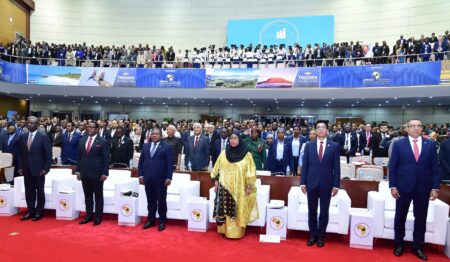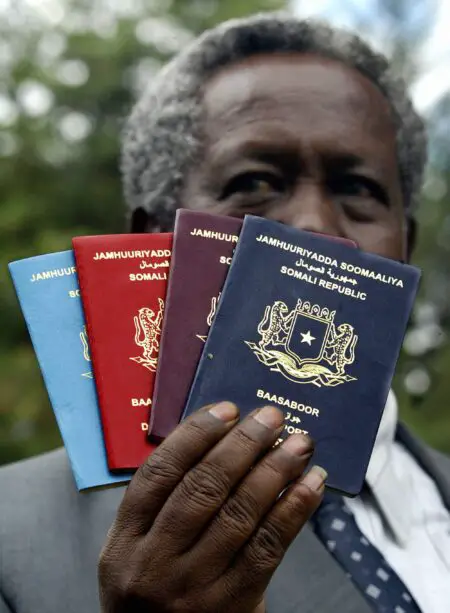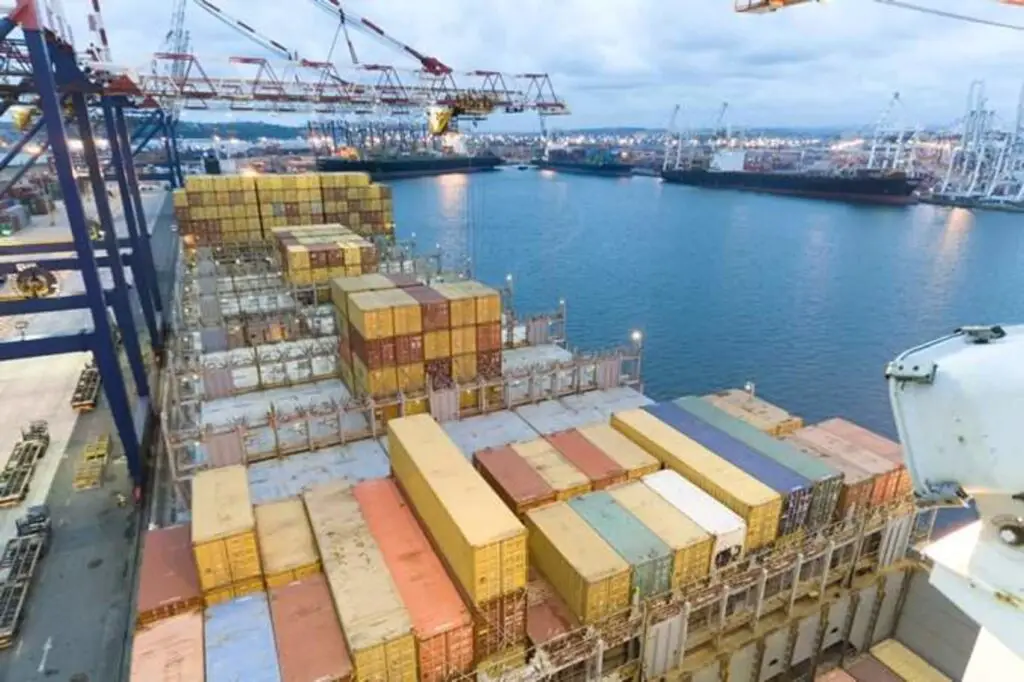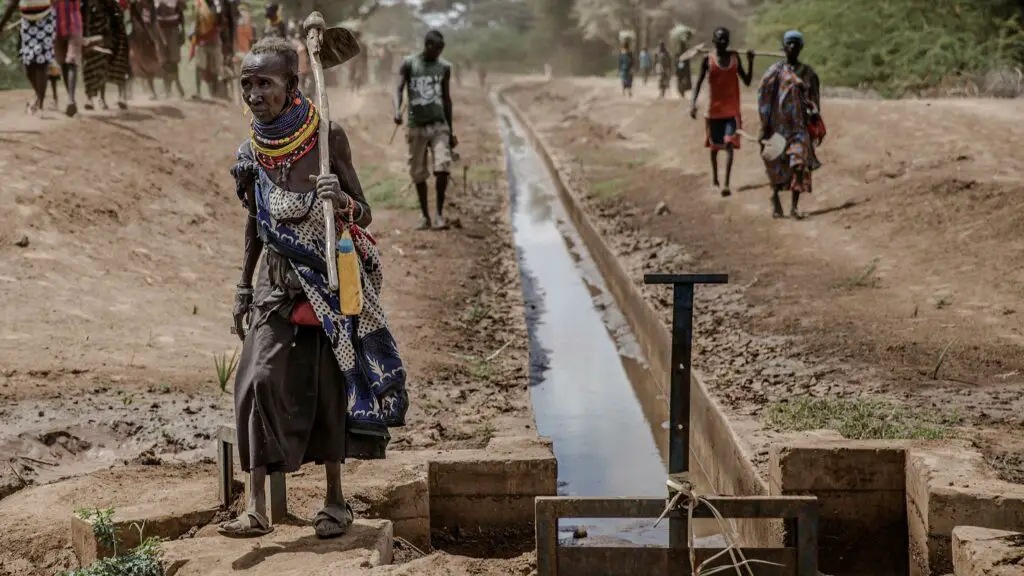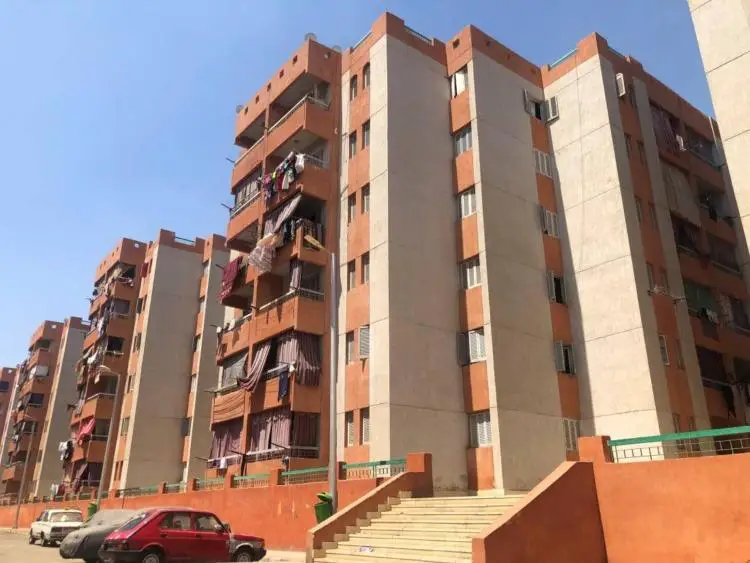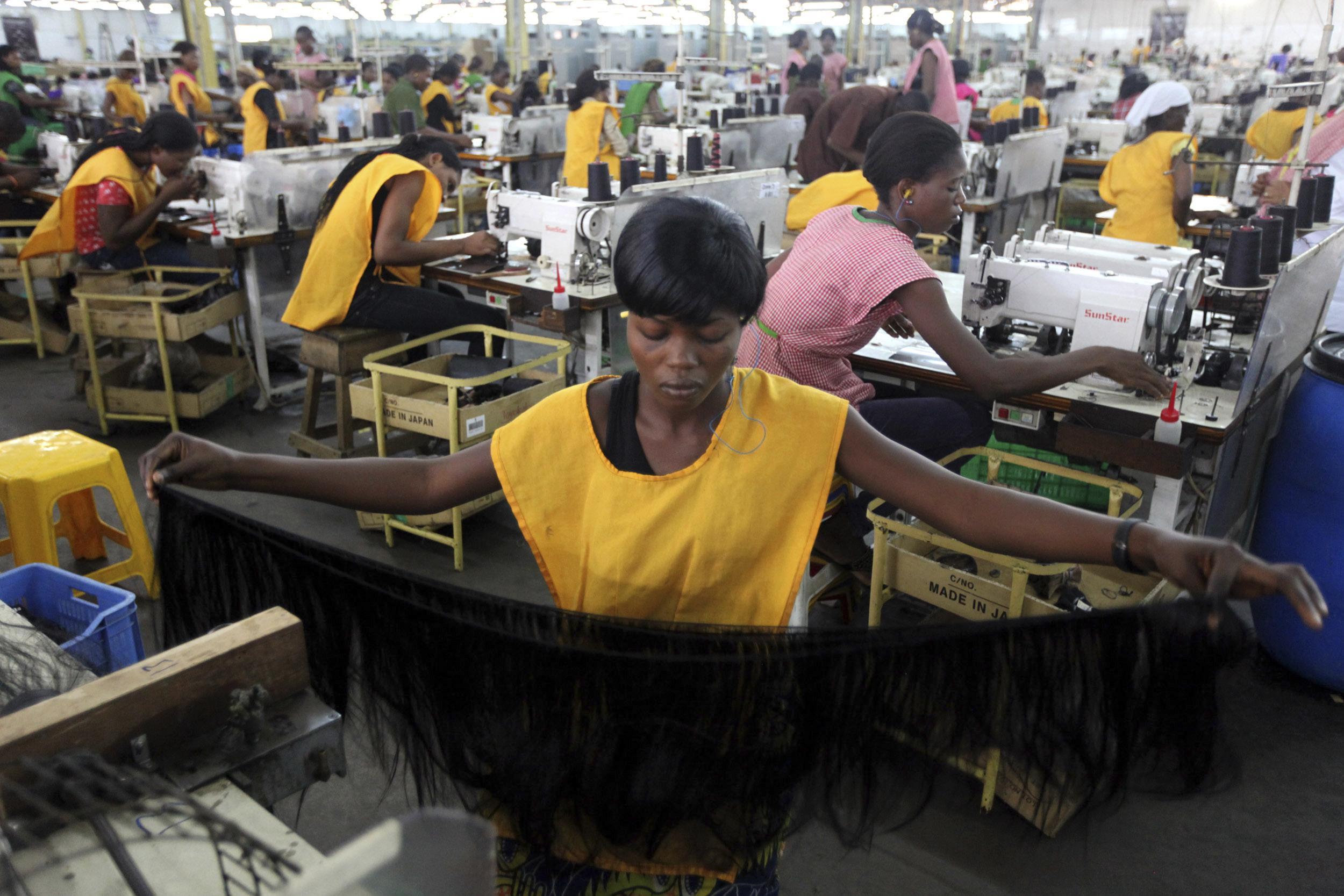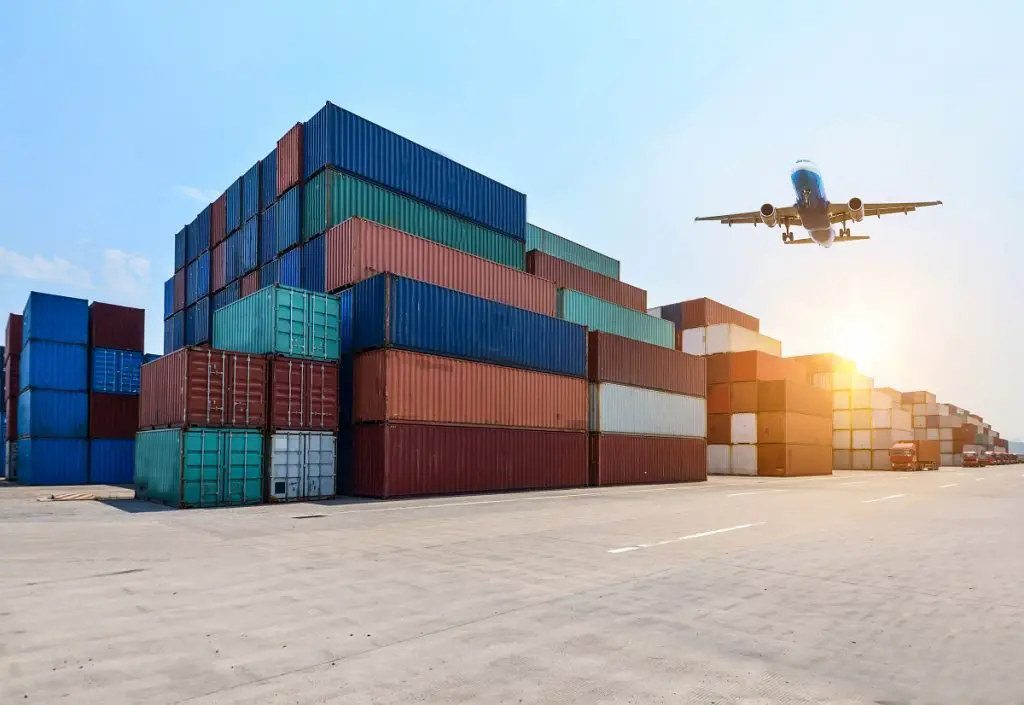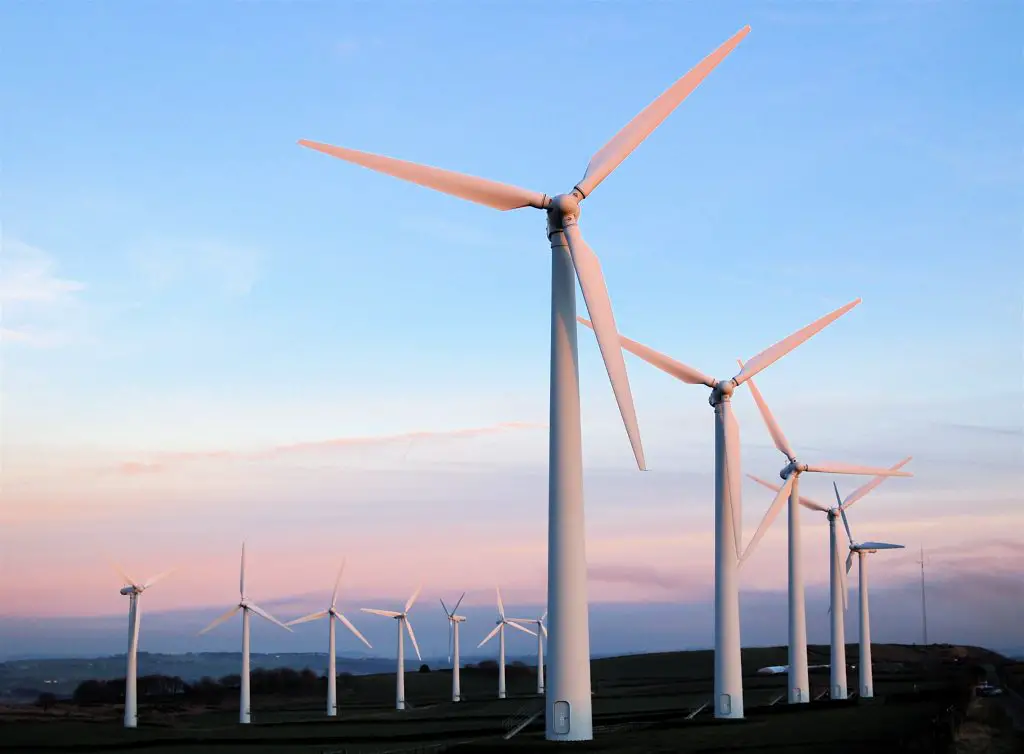- Africa’s new dawn: the rising role of digital and AI in agriculture
- Can Dangote Refinery Transform Africa Energy Ambition
- Gallup Survey: 80 per cent of Kenyan Workers Are Disengaged and Seek New Opportunities
- Madagascar Man Freed from 5KG Tumor After 15-Year Struggle
- How women in Africa are perceived and treated
- Sugar consumption in Kenya to Increase to 1.23 Million Tonnes
- Can Somalia and Turkey Oil deal Bring Change in Somaliland
- Remittances to Kenya dropped to $371.6 million in June, marking a six month low
Browsing: WEF
- The central role of human capital in development is fast catching up with the developing world.
- Tanzania President Suluhu Hassan says there is no right time to deliberate on the human capital issue than now.
- President Ruto of Kenya says Africa must deliberately to make it possible for the youth to access job opportunities.
The vital role of Africa’s human capital is indispensable. It is a powerful tool in driving the growth of economic investments in the continent of 1.3 billion people. Africa has a combined GDP of nearly $3.1 trillion and over 40 percent of the population is under the age of 15 years and younger. It is therefore important that Africa’s human capital is aligned optimally to foster growth.
The central role of human capital in development is fast catching up with the developing world. It is in light of this that the just ended Africa Human Capital …
- Region economic communities such as East African Community (EAC) are opening doors for citizens to expand their hands across various economic opportunities.
- The movement of people over space and time is the bloodline of the modern world’s economies.
- South Africa, Africa’s highest ranked passport, was position 54 globally with South Africans having visa-free access to 106 nations.
A recent World Economic Forum (WEF) report revealed that an American passport holder can access 43 percent of the global GDP without a visa while a United Arab Emirates (UAE) passport gives access to 70 percent of the global GDP.
In contrast, the Nigerian (top African economy) passport holder can access 20 percent of the world, equivalent to 1.5 percent of the global GDP. The measure of access is a wake-up call on assessing strategies and measures regarding the movement of people over space and time in Africa.
Since the launch of the …
UNCTAD argued that in the fourth quarter of 2021, all major trading economies saw imports and exports rise well above pre-pandemic levels of 2019. Moreover, the report pointed out that trade in goods increased more strongly in developing countries than in developed ones.
It is essential to realize that Africa has more to tap into the intra-African trade, standing at around $21.9 billion, according to UNCTAD.
Further, exports of developing countries were about 30 per cent higher than during the same period in 2020, compared with 15 per cent for wealthier nations.
The UNCTAD report argued that growth spiked in commodity-exporting regions as commodity prices increased. …
Climate change in Africa costs a lot, and climate extremes hit the region hardest. Between 2014 and 2018, roughly $5 per year, a person was the adaptation funding to each African – standing on less than $5.5 billion per year (World Economic Forum).
It is more than fair to say without financial support, climate change will probably push Africa’s impoverishment to a whole new level, as millions of Africa might be into extreme poverty by 2030.
The latter proves Africa to be at a relatively disadvantageous position as it contributes the least to global emissions and climate change. Yet, it receives minor financial support towards adaption.
READ: COP26 All Talk, No Walk
The previous 26TH United Nations (UN) Climate Change Conference of the Parties (COP26), dubbed “the world’s best last chance”, provided the global stage with failure.
Despite promising to double funding, high-income countries (and high global emitters) failed …
The GSMA estimates that smartphone connections will rise to an estimated 700 million by 2025. With this growth, Kenya, Nigeria and South Africa continue to dominate e-commerce sales.
Knight Frank notes that formal retail space across the continent is continually undergoing rapid transformation. This transformation is happening as “the entry and exit of various brands in the sector across the continent, retail outlets have had to adopt omnichannel offerings in order to ensure a measure of sustainability”.…
A massive industrial development would create regional value chains that would free the continent from the colonial system.…
Human Capital Horizon matters?
The human population comprises of valuable elements necessary for the development of the modern world. As the world keeps to shake off the remnants of the coronavirus, there are some crucial ideas emerging and compelling vital changes in the way humans work. As stability is being restored, it is important also to rethink how to sustain the human capital value over space and time. The future of work is dependent on how human capital is dispersed globally and how it reacts to what we would call the development of the modern world.
The current global crisis reveals holes in various sections of the workforce, including financial security and health coverage. With respect to Africa, the figures are heightened, and the “holes” as one would look at, in particular the formal employment sector, the numbers are astronomical.
Africa alone has more than 24 million …
The trade agreement aspires to create a tariff-free continent to grow local businesses, boost intra-African trade, spur industrialization and create more jobs.…
Africa is now more connected, technologically savvy, and focused on enhancing its economic systems compared to 30 years ago. The narrative has changed, from civil unrest and extreme donor-dependent economies, to those with record-high tax collections such as in Tanzania, and information communications and technology (ICT) transformation ones such as Rwanda, Kenya and South Africa. The African GDP has grown to over $2 trillion from about $587 billion in 2000.
Despite the youngest continent’s nations being driven by agriculture—which has also sustained major development, in terms of technology input, funding and research and development, still the continent’s manufacturing industry holds vital potential to stimulate the economy and offer decent livelihood to its vast young human capital, who number over 226 million and who are expected to increase by 42 per cent by 2030 according to the United Nations (UN).
According to Brookings—an American think tank, the future of the manufacturing …
The expansion of Africa’s economy—exemplified by East Africa’s vibrant economies(Kenya, Tanzania, and Rwanda) by adopting the manufacturing industry landscape and marrying it with high-end technological developments have both triggered a demand for more power,currently leaning towards renewable energy—all the while grappling with the challenge of high unemployment rates.
The United Nations 25thConference of Parties (COP 25) on climate change highlighted strictly on nations mitigating greenhouse gas emissions by adapting to renewable energy in their economies.
Morocco and Zambia are now embracing the adoption of wind and solar power with assistance from Green Climate Fund (GCF) and the African Development Bank (AfDB).
GCF and AfDB supported Zambia with a $154 million renewable energy fund to finance its framework, and lift the nation from electricity demand challenges, as the country relies on hydropower generation for 90 per cent of its needs.
Renewable energy in Africa could be a mighty saving …





